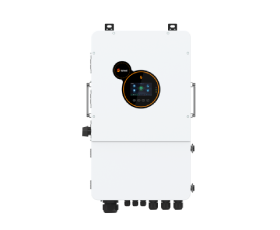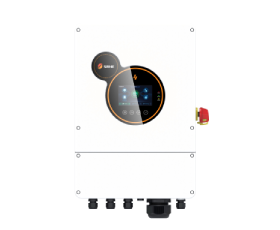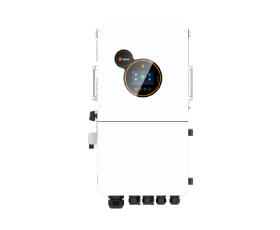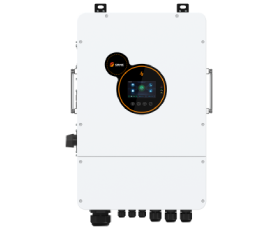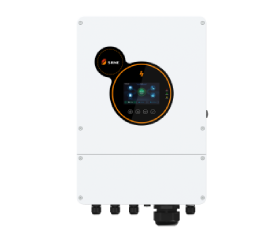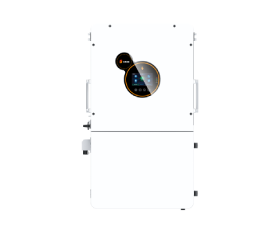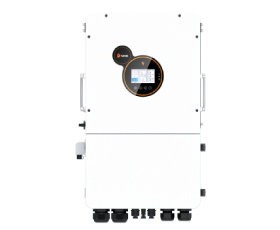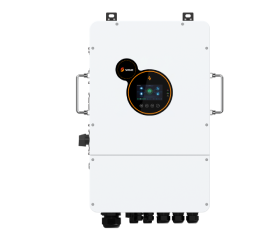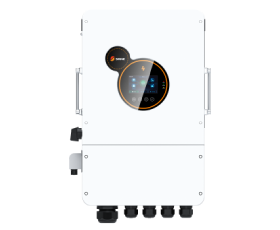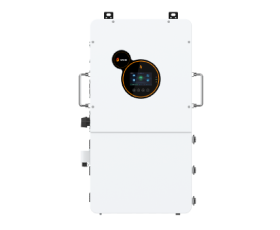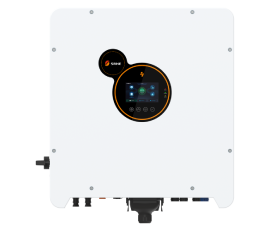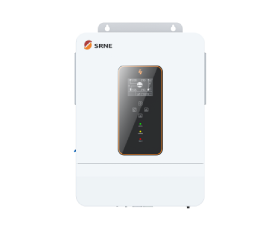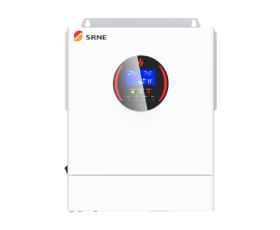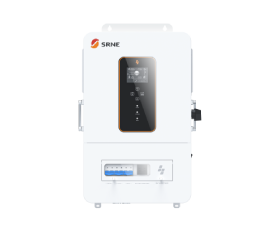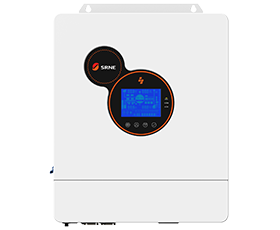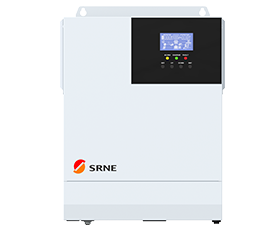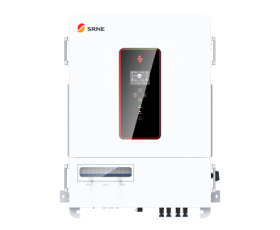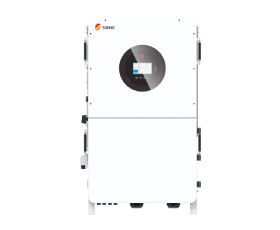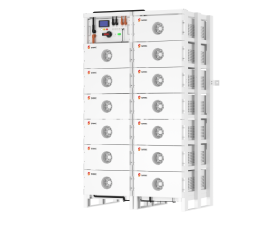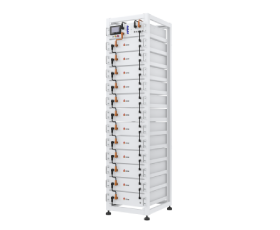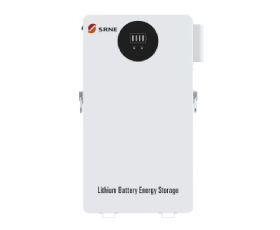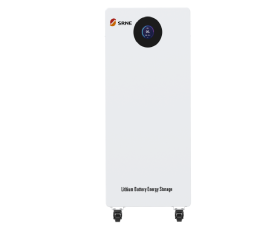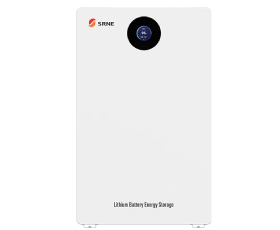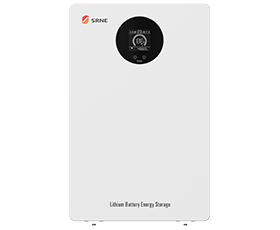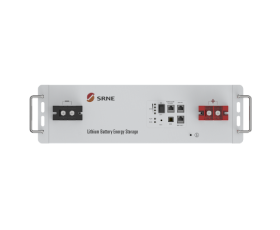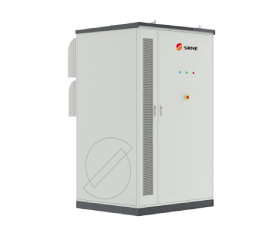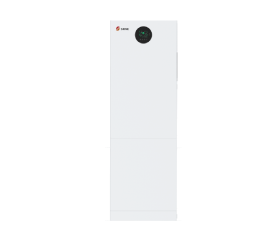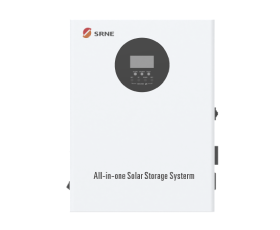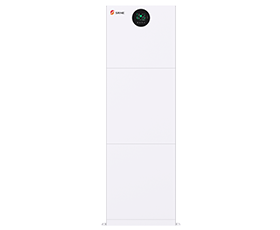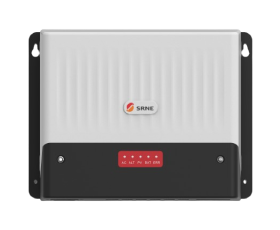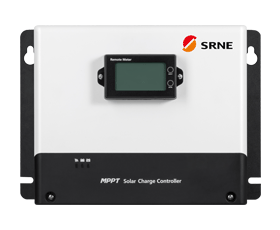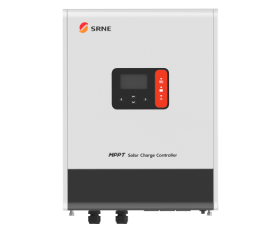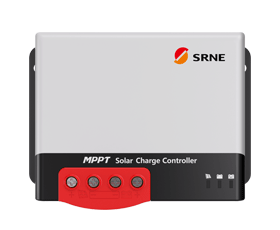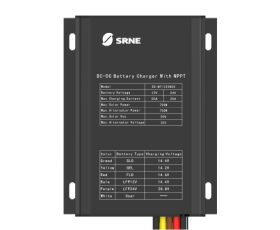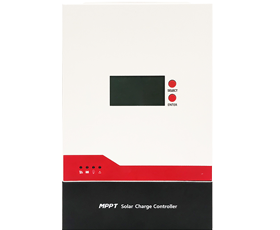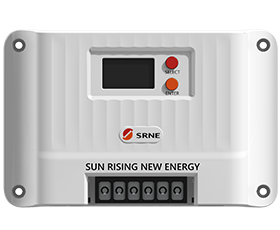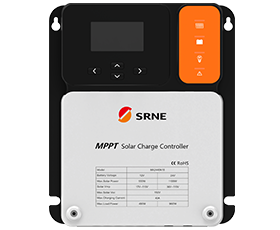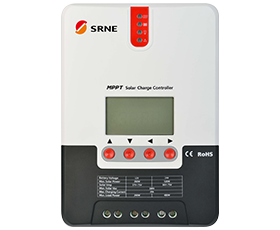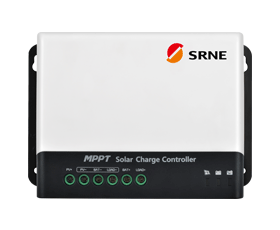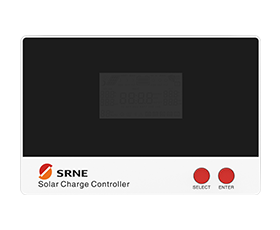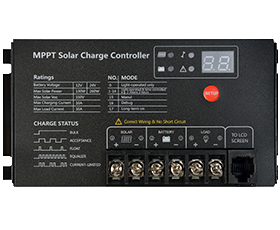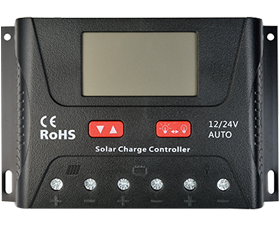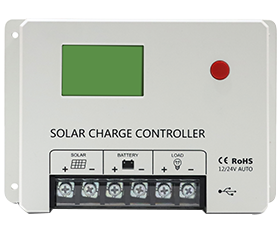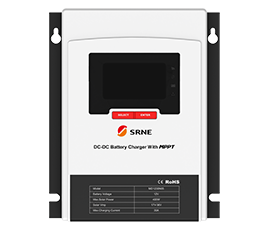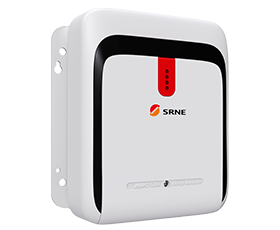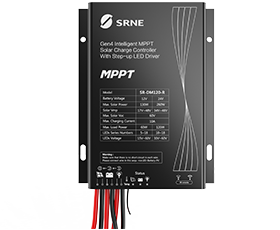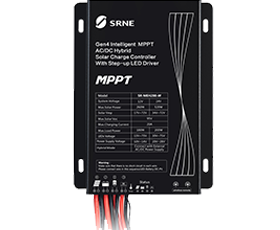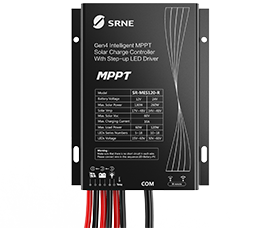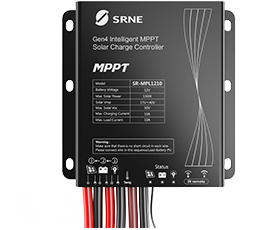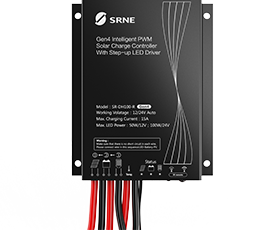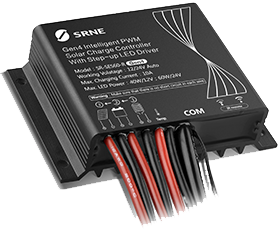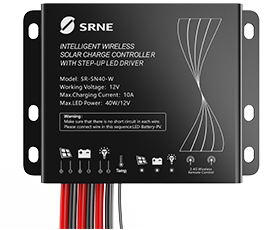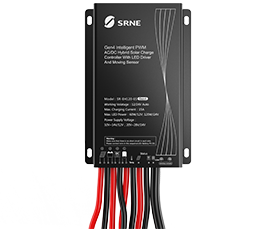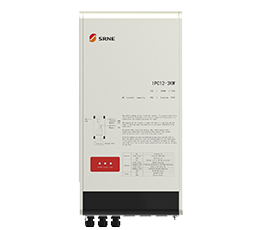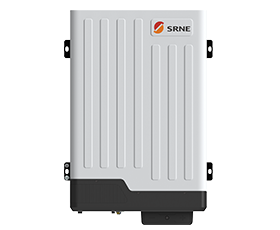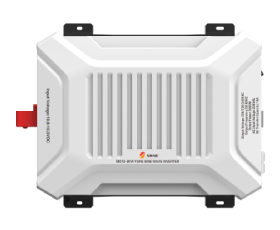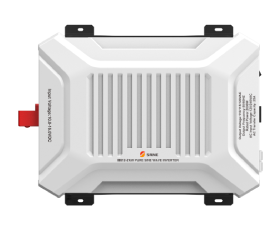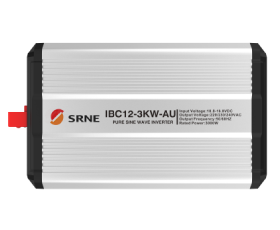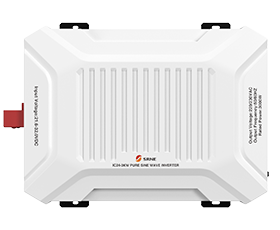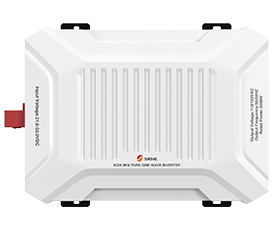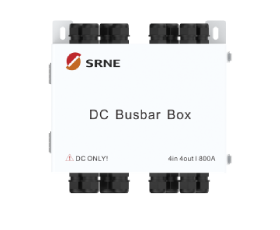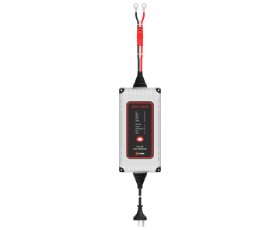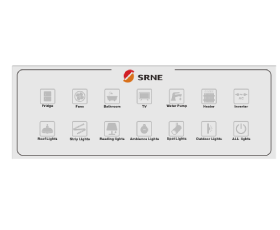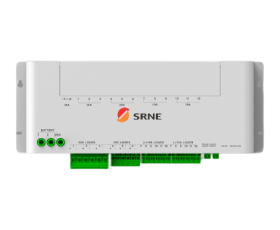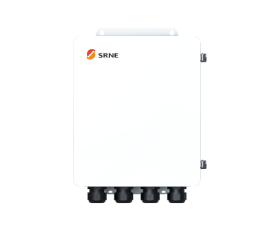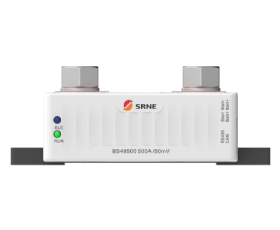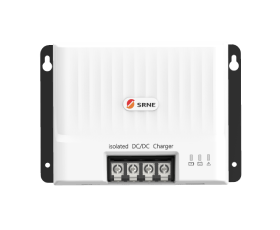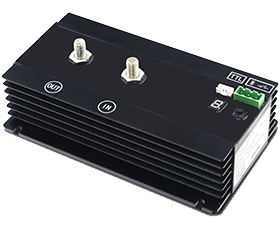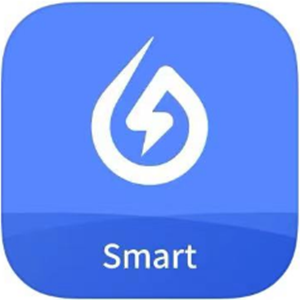Solar Energy Storage Advantages and Types
Nowadays, more and more house owners are willing to install solar for their homes. By installing solar, you will take a huge step towards reducing your monthly electricity bills, while helping lower carbon emiss
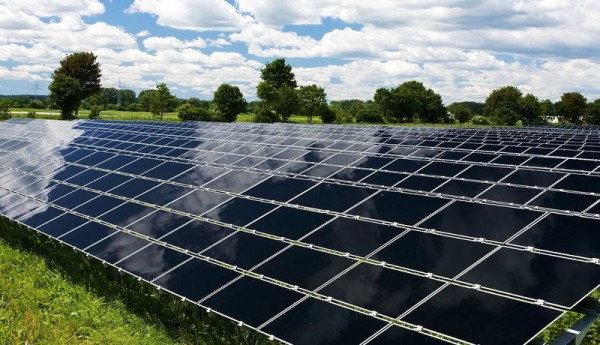
ions with renewable environmentally-friendly power. To increase self-consumption and ensure you’ll recoup solar installation costs sooner and quicker, you will need to store the solar power your solar energy system produce.
What is energy storage
“Storage” refers to technologies that can capture electricity, store it as another form of energy (chemical, thermal, mechanical), and then release it for use when it is needed. Although using energy storage is never 100%efficient. Some energy is always lost in converting energy and retrieving it. Storage allows the flexible use of energy at different times from when it was generated. Therefore, storage can increase solar power system efficiency and resilience, and also can improve power quality by matching supply and demand.
The advantages of solar energy storage
1.Balancing the electricity loads
If electricity isn’t stored, it has to be used at the moment it is generated. To avoid over-generation and grid reliability issues, the grid operators may take some generation offline. On the contrary, there may be other times, after sunset or on cloudy and rainy days, when there is little solar production but huge demand for power. When some of the electricity produced by the sun is put into storage, that electricity can be used whenever grid operators need it, including after the sun has set. To be simple, energy storage allows an energy reservoir to be charged when generation is high and demand is low, then released when generation diminishes and demand grows. In this way, solar energy storage acts as an insurance policy for sunlight.
2.Filling in the gaps
Short-term solar energy storage allows for consistent energy flow during brief disruptions in electricity generation, such as clouds or routine maintenance.
3.Energy resilience
The energy grid is vulnerable to disruptions and outages due to anything from wildfires to severe weather such as hurricane. During an electrical disruption, solar energy storage can provide backup power and keep critical facilities operating to ensure continuous essential services, like communications. Solar energy storage can also be used for microgrids and smaller-scale applications, such as mobile or portable power units.
The types of solar energy storage
Grid-tied solar power system
In a grid-tied system, your solar power is tied directly to the electrical grid. The main purpose of this type of system is to lower your electricity bill while staying attached to the main grid.
However, this system has one main shortcoming: if the power goes out, so does your solar power system. When an inverter senses it’s disconnected from the grid, it is automatically turned off. If you try to use your solar system during a power outage, you’ll be out of luck. There’s no power available and no power stored for later use. However, if you have a grid-tied system, you can still add back up power later. Your inverter can be paired with a battery back-up inverter.
Grid-tied solar power system with backup battery
With this type of system, your solar power system is tied to the main grid. You also have a battery backup that holds onto any extra power your solar power system generates. This type of solar power system is an especially good option if you live in an area that experiences frequent power outages. This system can also be an ideal choice if you would like to rely on your solar power during times of peak demand, which you can’t do with a system which is purely tied to the grid.
With this kind of system, you’re still connected to the grid, but you can rely on your own solar power storage to get you through the power outage and to reduce your energy use during peak periods. You can also back up power to maintain your “essential loads” such as lighting and appliances when your area is experiencing an outage.
Off-grid solar power system
Off-grid systems are ideal for those who can’t easily connect to the grid because of their geographic region or because of the cost of bringing in the grid power supply.
The benefits of this kind of system include self-sufficiency and the ability to live in a remote location. You will have fixed costs for using your energy, and you will not receive a utility bill, which can be a pretty sweet deal. Off-grid systems are modular, so you can increase the capacity if your energy needs increase. This feature allows homeowners to start out small with a more modest budget but have the option of adding capacity to their solar power system if needed.
Conclusion
In brief, solar energy storage is a smart way to get more out of your solar energy system, which means that you can enjoy the convenience and save costs, while still helping you contribute to a healthier environment.




















